‘A Quaker Saint of Cornwall’ by Barry West
Barry West is a Cornish Researcher Based in Cornwall Loveday Hambly of Tregongeeves between St Mewan and Polgooth appears in a book called ‘A Quaker Saint of Cornwall’ written in 1927. What is the connection between Tregongeeves and sheep? Is there one ? Let’s see what you can find ! Very little is known of […]
The Royal Cornwall Show history before 1994
Back in the dim and distant past of the late 18th century, Cornwall was quite remote from the heavily populated areas, but it was far from being behind the times. Agricultural societies were springing up all over the country, led by for-ward thinking landowners and those keen to see an improvement in farming methods. Many […]
St Kea’s Boat by David Loveridge
A large block of granite, hollow on one side, lying on the banks of the River Fal for centuries was said to have been St. Kea’s boat, used by him for sailing from Ireland to Cornwall. If people went to sea in a vessel unsuited to service, it was said they might as well have […]
The Wreck of the S.S. Schiller, 1875, and its Aftermath by Michael Tangye
1960. I sat in the kitchen of the farmhouse at Pelistry, on St. Mary’s, and chatted to ninety- year-old Mrs. Tregear about the Scilly she knew as a child. It became immediately obvious that, like many of her generation, the traumatic experience of the wreck of the Schiller, in 1875, lingered vividly in her memory. […]
Wreck of the Cita on the Isle Of Scilly. by Steve Ottery in 1997
We pray thee, Lord not that wrecks should happen, but if’ they do, thou wilt guide them to the Isles of Scilly for the benefit qf the poor inhabitants… …was supposedly composed by the Reverend John Troutbeck in the late 18th century. Jessie Mothersole at the beginning of this century quoted a young girl’s prayer: […]
Forgotten Heroes A Poem by E.M. Gardner with a drawing by Robbie
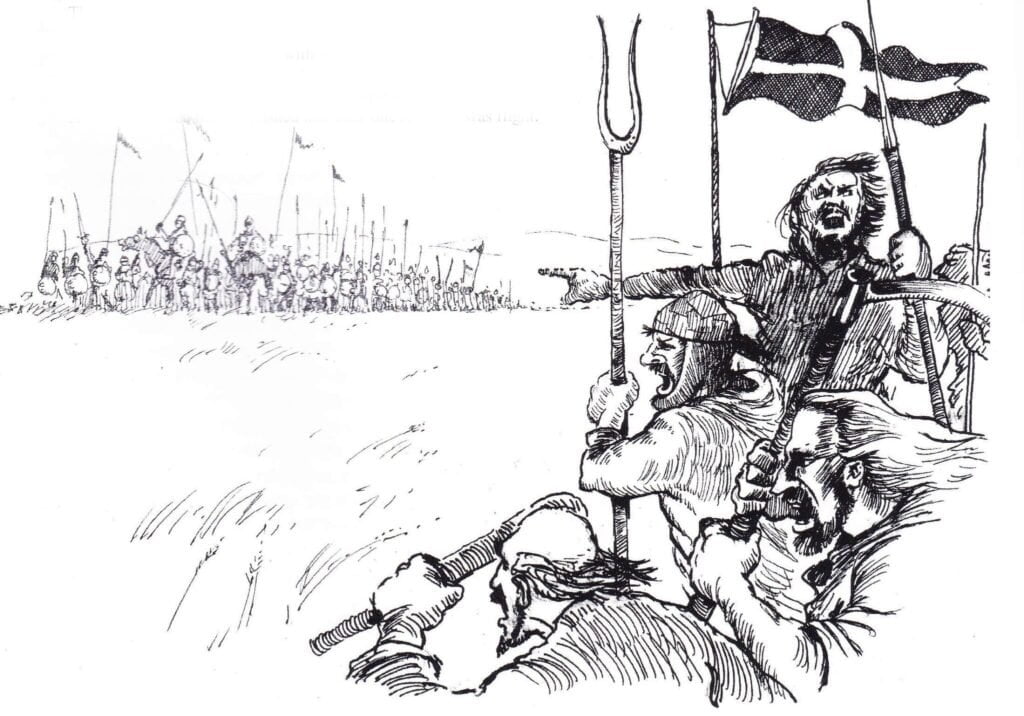
Cornwall is a special land, its men a special breed, By granite rocks and mighty seas their strength has been decreed, No fear will make them bow their heads, with honour pay a toll, And each man is his own man with an independent soul, Their lives ordained to hardship like the cliffs that girt […]
After An Gof by Peter Waterfield
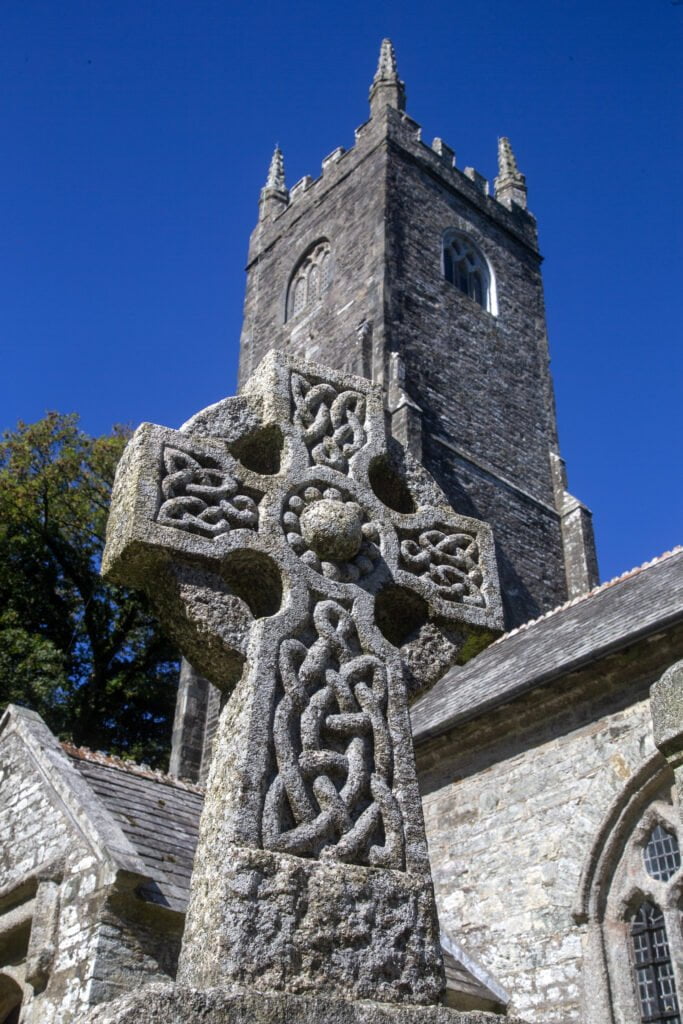
I ‘m looking at the dramatic painting by Donald MacLeod called Crossing the Tamar – the Cornish Rebellion. Under flaring torches and waving banners of St. Piran, An Gof and Thomas Flamank (the only man on horseback) lead what is called “the pitchfork army” across the Tamar. It’s a triumphal scene, though “pitchfork army” fails […]
Thomas Flamank by PO Munn
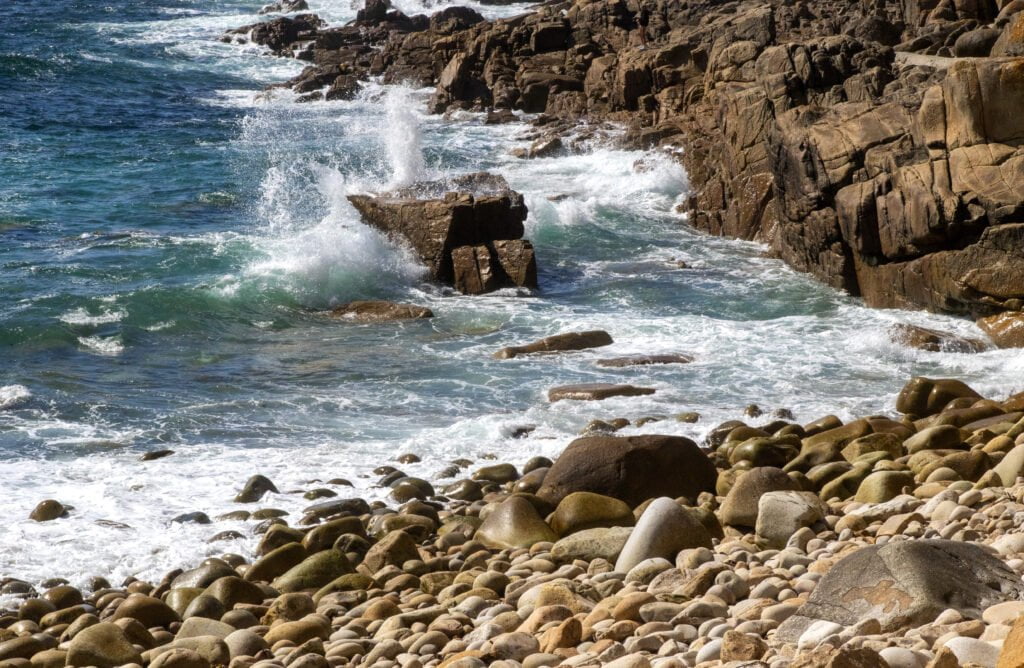
The unsung qualify of the 1497 leadership – why we marched for him…. It has been said that the Cornish like arguing a point. Much of their history is known through their exploits in court to prove it! We should not, therefore, be surprised to find a lawyer as one of the leaders of the […]
Fourteen Ninety Seven by Richard Gendall
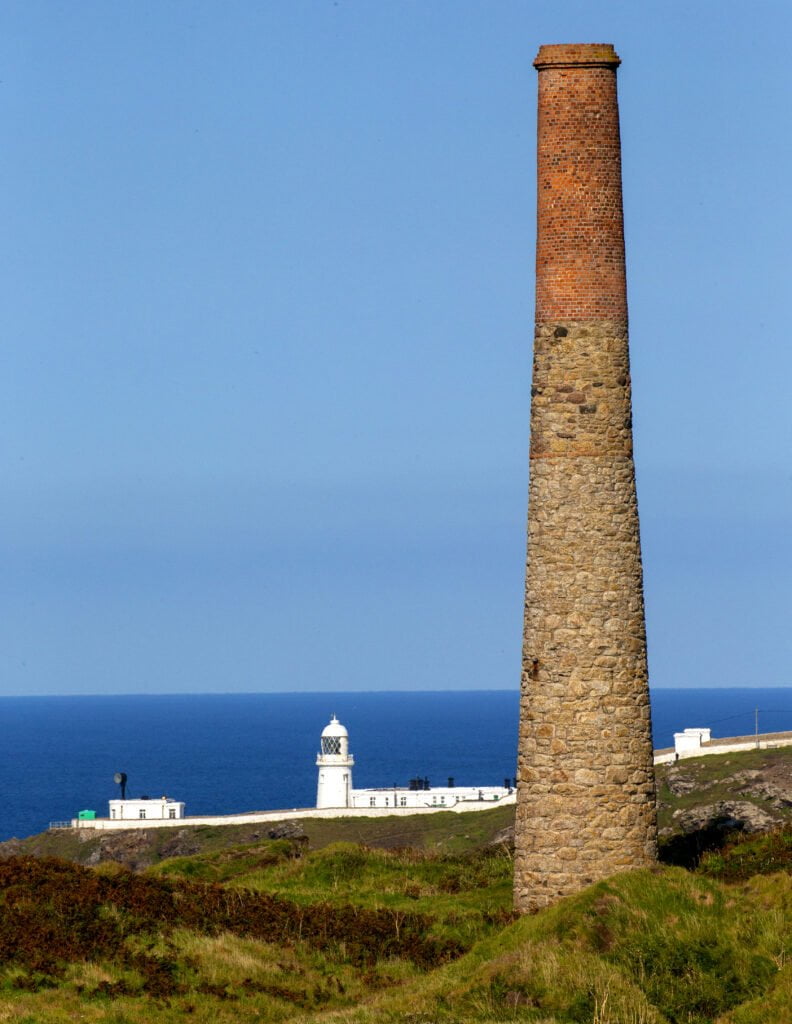
This article was written for us in 1997 by the late great Richard Gendall. He died in Liskeard in September 2017 at the age of 93. He belonged to a Penzance family which moved to St Blazey when he was very young and later to St Winnow. A very highly respected Cornishman. The summer of […]
1497 – 1997 March to Blackheath
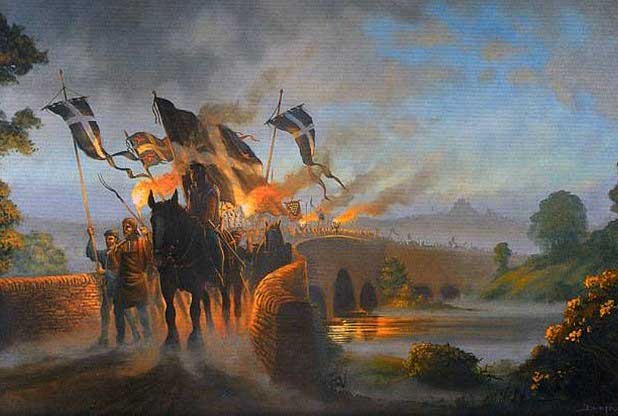
These two pages have been scanned from a 1997 Cornwall Today, Yesterday & Dreckly magazine photo feature. In this diretory you will see other articles about the 1497 rebellion.
Cornish Superstition by Chris Simons
Many superstitions are common to several parts of Britain, but some have their roots in specific areas. The ones I intend to talk about are rooted in Cornwall, starting in the far west on the Isles of Scilly. In Porth Hellick there is a barren spot of land, surrounded by luxuriant grass. The grass never […]
Footprints In The Sand written by Edna Cass in 1997
This article featured in Cornwall Today, Yesterday & Dreckly in 1997 We have added the wonderful poem “Trebetherick by John Betjeman“The original photos were taken by Terry Harry, they have for this articel been scanned from the printed magazine. The teapot raised. I stopped and stared at the television screen. Apparently it was wet, windy […]
The Olympic Torch in Truro 19th May 2012 Photos by Terry Harry
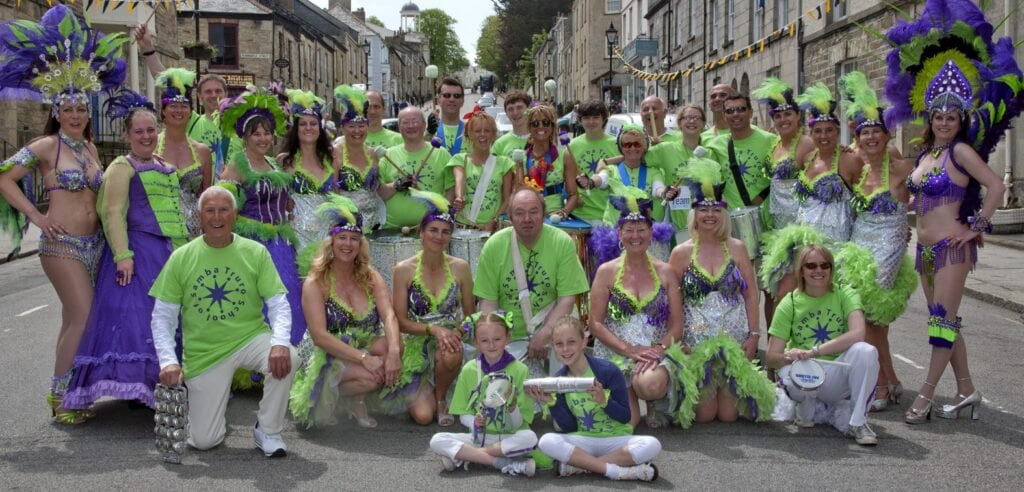
Even more chat with Maid Lowenna Joy Stevenson
I bin in sum shiack you, wuz goin down be tha splatt und went flyun auvurr a geat stawne thut cum abrawd frum tha kerb und down I waint. Talk bout a lash up av lerrups? Not awnly that I wuz uz black uz tha devil’s crowst bag cuz I failed top a eap av […]